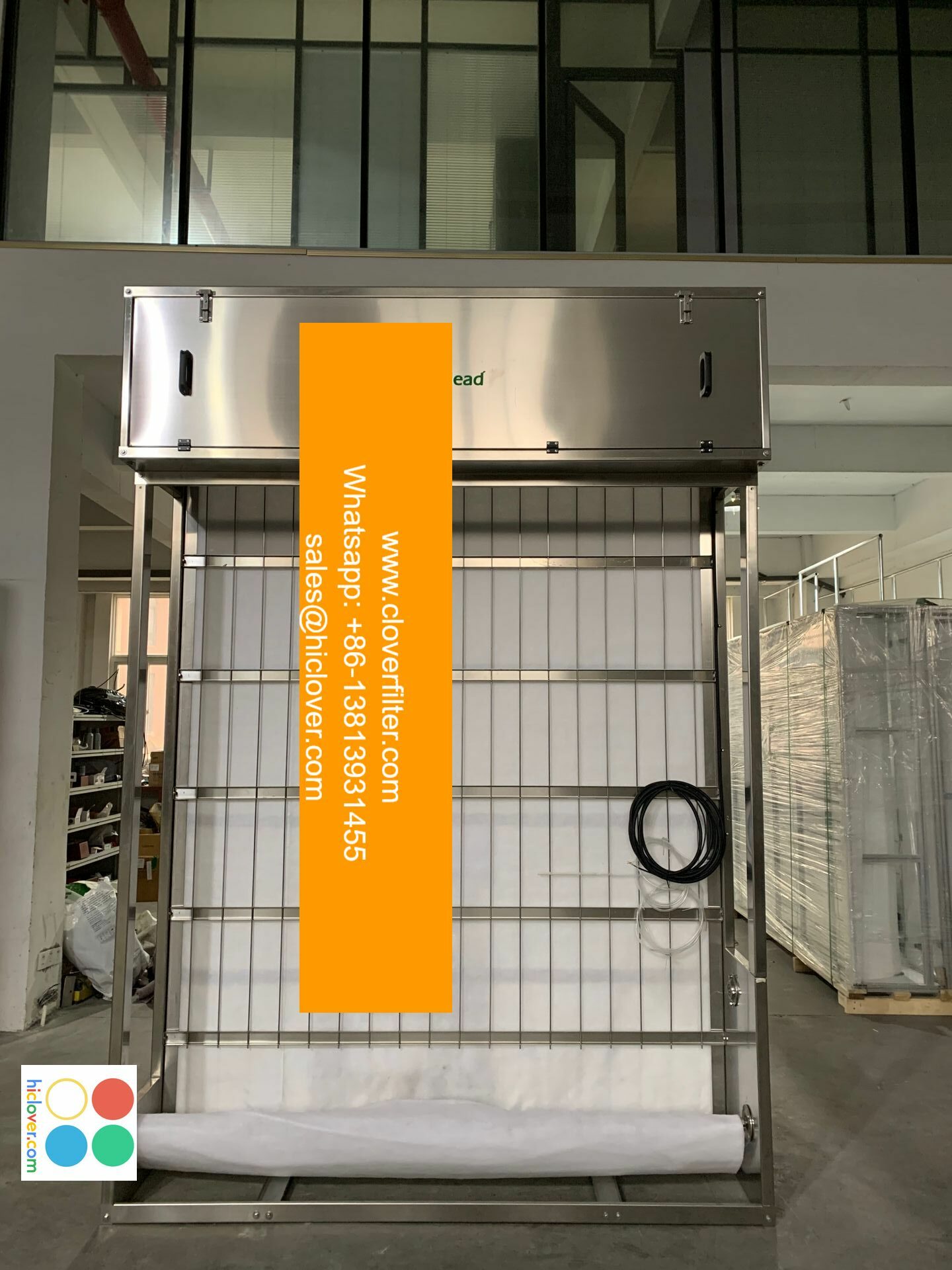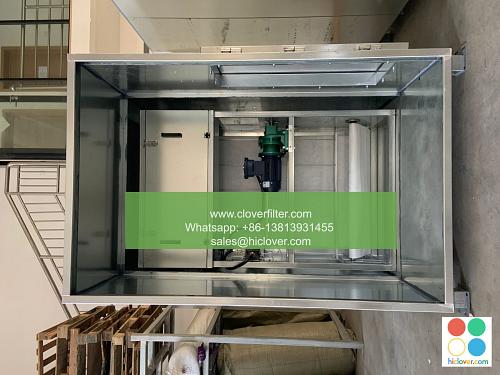Air Filter Integrations for Hospitals and Healthcare Facilities

The air quality in hospitals and healthcare facilities is crucial for patient safety, recovery, and overall well-being. Air filter integrations play a vital role in maintaining a clean and healthy environment by removing airborne contaminants, pathogens, and pollutants. In this article, we will explore the importance of air filter integrations in hospitals and healthcare facilities, highlighting various application areas, and discussing the benefits of advanced air purification systems and HEPA filter technology.
Importance of Air Filter Integrations in Hospitals
Hospitals and healthcare facilities are prone to airborne infections, and poor air quality can exacerbate patient conditions, leading to prolonged recovery times and increased mortality rates. Effective air filter integrations can help mitigate these risks by capturing 99.97% of particles as small as 0.3 microns, including bacteria, viruses, and fungi. This is particularly important in high-risk areas such as operating rooms, intensive care units, and isolation rooms, where patients are more susceptible to infection.
Application Areas for Air Filter Integrations
Air filter integrations can be applied in various areas of hospitals and healthcare facilities, including:
* Operating rooms: Advanced air purification systems and HEPA filter technology can help maintain a sterile environment, reducing the risk of surgical site infections.
* Intensive care units: High-efficiency air filters can help remove airborne contaminants, reducing the risk of hospital-acquired infections.
* Isolation rooms: Specialized air filtration systems can help prevent the spread of airborne pathogens, protecting both patients and healthcare workers.
* Patient rooms: Effective air filter integrations can help improve indoor air quality, reducing the risk of respiratory infections and promoting patient comfort.
* Pharmacies and laboratories: Advanced air purification systems can help maintain a clean and safe environment, protecting sensitive equipment and personnel.
Benefits of Advanced Air Purification Systems
Advanced air purification systems and HEPA filter technology offer numerous benefits, including:
* Improved indoor air quality: Effective removal of airborne contaminants, pathogens, and pollutants.
* Reduced risk of infection: Mitigation of hospital-acquired infections and airborne infections.
* Enhanced patient safety: Protection of patients, healthcare workers, and visitors from airborne risks.
* Increased energy efficiency: Advanced air filtration systems can help reduce energy consumption and operating costs.
* Compliance with regulations: Meeting or exceeding regulatory standards for indoor air quality and infection control.
Best Practices for Air Filter Integrations
To ensure effective air filter integrations, hospitals and healthcare facilities should follow best practices, including:
* Regular maintenance: Scheduled maintenance and replacement of air filters to ensure optimal performance.
* Proper installation: Correct installation of air filtration systems to ensure seamless integration with existing HVAC systems.
* Monitoring and testing: Regular monitoring and testing of indoor air quality to ensure compliance with regulatory standards.
Conclusion
In conclusion, air filter integrations are a critical component of maintaining a clean and healthy environment in hospitals and healthcare facilities. By highlighting various application areas and discussing the benefits of advanced air purification systems and HEPA filter technology, we can ensure that patients, healthcare workers, and visitors are protected from airborne risks. By following best practices and investing in effective air filter integrations, hospitals and healthcare facilities can improve patient safety, reduce the risk of infection, and promote a healthy and safe environment. It seems like you forgot to include the prompt. Could you please provide more details or clarify what you would like to talk about? I’m here to help with any questions or topics you have in mind!

